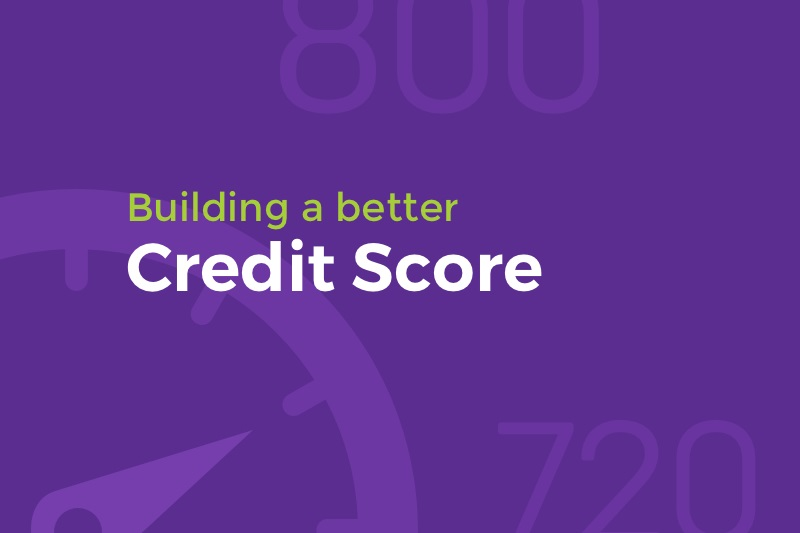The Kitchen Table
Building Better Credit
- September 30, 2019

Don’t assume your credit score is good (or isn’t) just because you have always paid your bills on time (or haven’t.) The only way to know whether you have
a good credit score is to check. You can get a free copy of your credit bureau once every 12 months at: www.annualcreditreport.com.
If you’ve looked at your credit report and you don’t like what you see, time is your ally in improving your credit scores. Here are some steps you can take to improve your credit score:
1. Pay your bills on time. Delinquent payments and collections can have a major negative impact on a credit score.
2. Keep balances low on credit cards and other "revolving credit." High outstanding debt can affect a credit score.
3. Apply for and open new credit accounts only as needed. Don’t open accounts just to have a better credit mix. It probably won’t improve your credit score.
4. Pay off debt rather than moving it around. Also, don’t close unused cards as a short-term strategy to improve your credit score. Owing the same amount but having fewer open accounts may lower your credit score.
If you have had any late payments, foreclosures, or repossessions, remember this information stays on your credit report for up to seven years. If you’ve filed for bankruptcy, this information can stay on your report for up to 10 years. There is no quick fix for bad credit scores. To build better credit, you need to be consistent with on time payments, instead of looking for a quick fix. The advice is simple: Pay the minimum payment every month at least, if not the full balance. Diversify your account types and keep balances low. The result will be a higher credit score.
Employees of LPI Loans and our affiliates are not attorneys and LPI Loans DOES NOT provide any legal advice and users of this web site should consult with their own attorney for legal advice